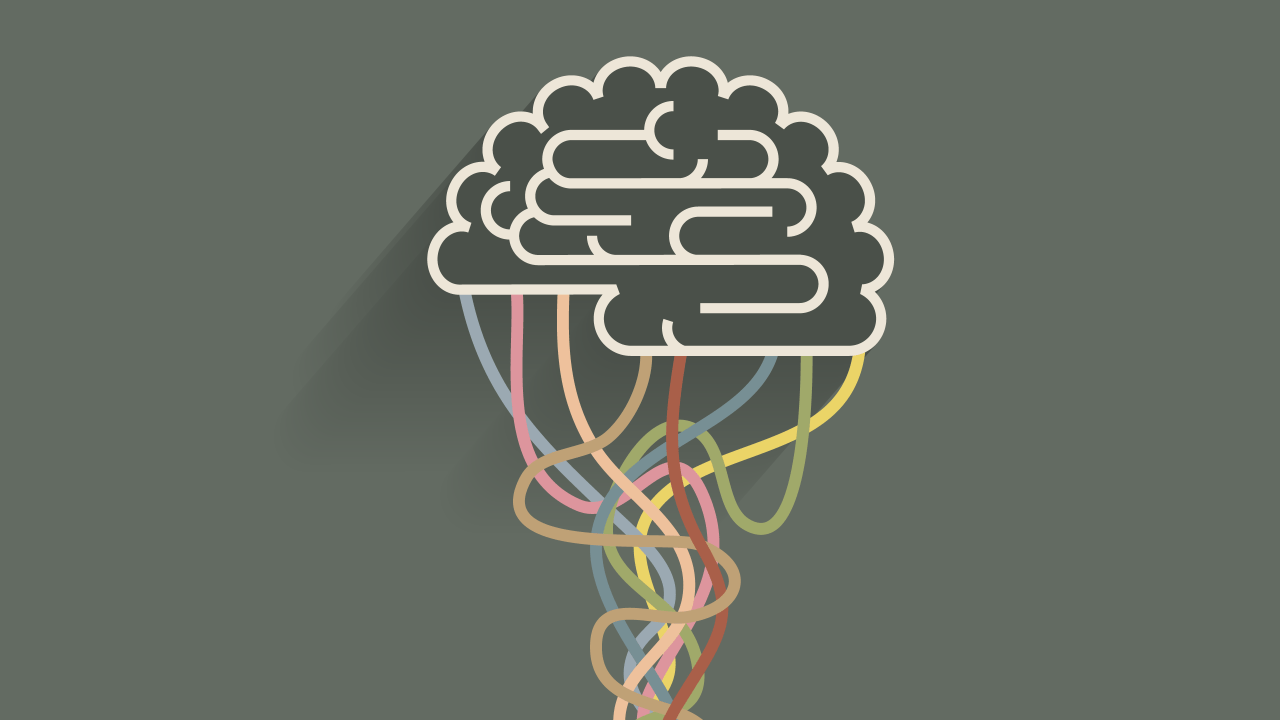As artificial intelligence (AI) continues to evolve at an unprecedented pace, society stands at a critical crossroads. The rapid growth of AI technology is not just reshaping industries; it also poses profound challenges in terms of intellectual property (IP), employment, and ethical usage. A legislative framework that addresses these issues is not just beneficial; it’s essential. Enter the Artificial Intelligence Data Protection Act (AIDPA), a timely call to establish regulations that provide a structured, proactive approach to integrating AI into our social fabric.
Understanding the Implications of AI’s Integration
The implications of AI are vast, making their responsible oversight imperative. The McKinsey study from 2017 indicates us that up to 800 million jobs may be at risk due to AI advancements by 2030. While technological innovation is beneficial, it also prompts significant ethical questions: in a landscape where half of existing roles could be automated within the coming decades, where does that leave millions of workers?
Moreover, the evolving capabilities of AI—now able to create intellectual property independently—further complicate matters. The legal frameworks currently in place are ill-equipped to address these changes, leaving a gap that the AIDPA aims to fill.
The Pillars of the AIDPA
The AIDPA is designed to focus on two critical areas: the repercussions AI poses on intellectual property rights and its potential to disrupt the labor market. Here’s how:
- Intellectual Property Rights: As AI technology advances, it creates works without human involvement. The AIDPA will establish legal ownership rights for AI-generated IP, allowing for a new class of ownership that recognizes the innovative contributions of AI systems.
- Worker Displacement: The act will implement oversight measures, including the appointment of a Chief AI Officer within organizations. This individual will be responsible for monitoring AI deployment and addressing the repercussions on the workforce.
Political Responsibility Versus Industry Initiative
Regulating AI shouldn’t fall solely on politicians. Industry leaders have the unique opportunity to proactively contribute to public discourse on responsible AI use. By collaboratively working to finalize and enact the AIDPA, tech companies and innovators can validate their commitment to the ethical deployment of AI technologies.
The establishment of an “AI Board” as suggested by the AIDPA would further enhance the oversight process, ensuring that there is a structured body composed of technological, legal, and ethical experts. This board would not only enforce regulations but also keep a pulse on the rapid innovations occurring within AI and their potential societal impacts.
Funding the Transition
An equally pressing issue is the funding necessary to manage the transition into an AI-driven economy. The AIDPA proposes a taxation framework, urging industry to shoulder part of this burden. This includes a flat tax on AI implementation and a percentage of profits generated through automation initiatives, ensuring that these resources are funneled back into reskilling displaced workers and funding social security measures.
This financial approach recognizes that AI’s growth can lead to societal disruption if left unchecked. History has shown that addressing the consequences of transformative technology requires foresight and decisiveness.
Conclusion: Collective Action is Key
As AI continues to permeate every facet of our lives, from the workplace to our social interactions, the necessity for a structured legislative response becomes increasingly clear. The AIDPA stands as a comprehensive framework designed to tackle the dual challenges of intellectual property and employment disruption caused by AI. This is an open invitation for legislators, industry leaders, academics, and the public to come together. The conversation around AI legislation is urgent, and it is crucial to act now—not later—to shape a future where technology uplifts society rather than upends it.
At fxis.ai, we believe that such advancements are crucial for the future of AI, as they enable more comprehensive and effective solutions. Our team is continually exploring new methodologies to push the envelope in artificial intelligence, ensuring that our clients benefit from the latest technological innovations.
For more insights, updates, or to collaborate on AI development projects, stay connected with fxis.ai.

